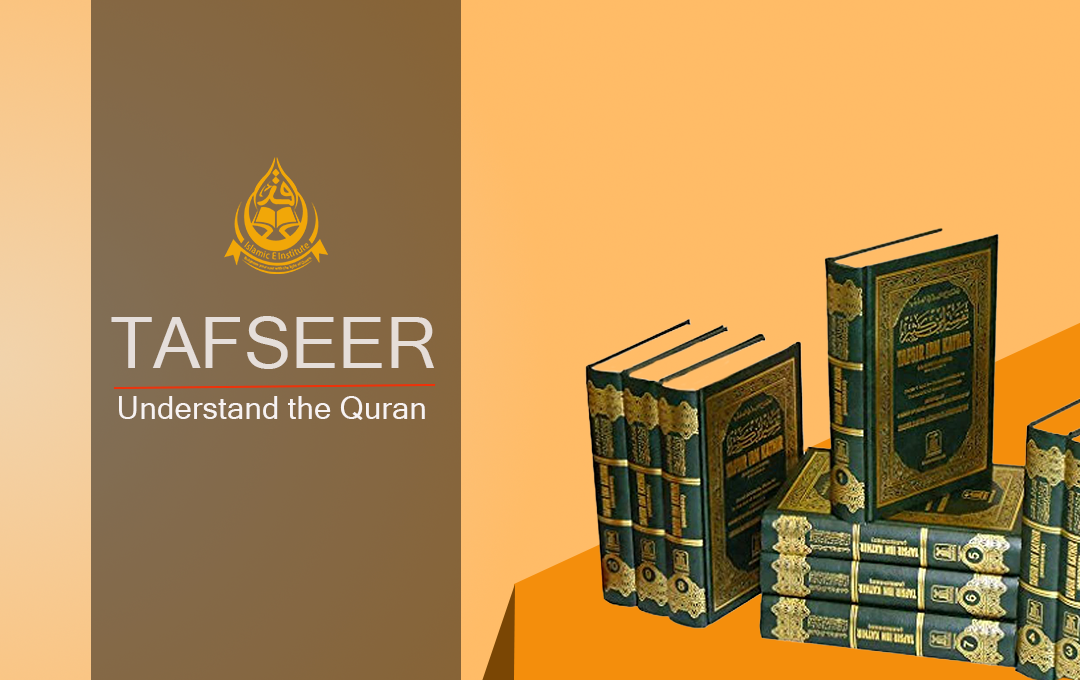
The Prophet Muhammad (PBUH) once said that the person who defends his religion in a time of strife will be like the person holding onto a burning ember. To help people maintain the tolerant nature of Islam and seek Allah’s mercy in all that they do, Islamic E Institute offers Tafseer (Interpretation) Courses for both children and adults. The student will comprehend the rationale behind Ayat and its historical context in this course. Major Shari’a pillars mentioned in the Quran will also be highlighted in the course.
Muslims who recite Quran may find some verses difficult to understand, but the course aids both Arab and non-Arab students in better understanding Quran. Tafseer Course makes Ayat simpler and clearer. This leads to performing all deeds for Allah’s sake and offering sincere, humble prayer.
Students will become aware of the limitations of their words and actions. The creature and his creator may have a stronger bond as a result of a straightforward course like Tafseer. The tutor must be aware of what the students already know about Islam, Arabic, and the Quran before they sign up for the course.
Both received and personal opinions-based Tafseer are presented to the students throughout the course. Each type has its own sources, and received Tafseer draws on additional verses from the Quran as well as justifications cited by Prophet Muhammad (PBUH) and heard by his companions. The second type, Ijtihad, is based on the scholars of early and modern Islam’s pure reasoning rather than knowledge transfer like the first type.
Tutors give the interpretation that the majority of academics agree with. Teachers distinguish between Makki Madani of Ayat and the ways in which Allah’s topics of discussion changed following the Hijra and the establishment of Medina.
Every Ayah has a purpose for revelation, which our students will be aware of. The message of Ayah and the circumstances surrounding its revelation will be connected for students to understand.
Our instructors will teach students how to distinguish between the various types of Islamic rulings and how to deal with each one.
Quran contains numerous metaphors, figures of speech, etc. Without understanding Balaghah as a science, the students are unable to experience their full beauty. Tutors explain all the elements of these expressions and the factors that signify them.
Islamic Shari’a is a set of religious laws that derive from four major sources: the Quran, which contains the majority of it, Hadith, the consensus of scholars (Ijma), and Qiyas (deductive reasoning applied to similar events).
Learn the real application of rulings that would include:
1. Obligatory (Fard/Wajib)
2. Recommended (Mustahab)
3. Permissible (Mubah )
4. Disliked (Makruh)
5. Forbidden (Haram)
WhatsApp us